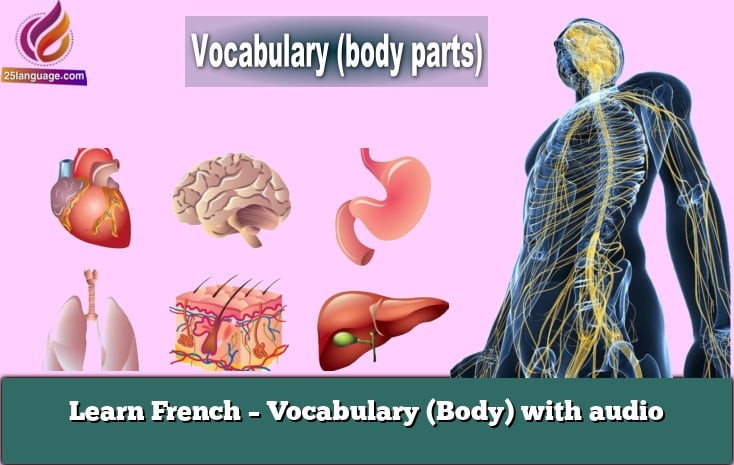common opposites phrases in French
Learn the phrases (Common Opposites) in French

Learning common opposite phrases in French is beneficial for several reasons. Here are a few key advantages:
- Expanding Vocabulary: By learning opposite phrases, you gain a deeper understanding of vocabulary and word relationships. This knowledge allows you to express contrasting ideas and enhance your overall language proficiency.
- Improved Communication: Opposite phrases provide you with the tools to express contradictory concepts or opinions, making your communication more nuanced and precise. This skill enables you to engage in more meaningful conversations and express yourself with clarity.
| English | French |
|---|---|
| Big – Small | Grand – Petit |
| High – Low | [responsivevoice voice="French Female" rate="0.8" buttontext="►"]Haut – Bas |
| Young – Old | Jeune – Vieux |
| Good – Bad | Bon – Mauvais |
| Open – Closed | Ouvert – Fermé |
| Front – Back | Devant – Derrière |
| Full – Empty | Plein – Vide |
| Strong – Weak | Fort – Faible |
| Hot – Cold | Chaud – Froid |
| Right – Left | Droit – Gauche |
| Light – Heavy | Léger – Lourd |
| Clear – Dark | Clair – Obscur |
| Near – Far | Proche – Loin |
| Easy – Difficult | Facile – Difficile |
| Slow – Fast | Lent – Rapide |
| Clean – Dirty | Propre – Sale |
| Happy – Sad | Joyeux – Triste |
| Cry – Laugh | Pleurer – Rire |
| Full – Empty | Complet – Vide |
| Interior – Exterior | Intérieur – Extérieur |
These opposite phrases in French cover a range of concepts and will help you express contrasting ideas in your conversations or writing. Remember to practice using them to reinforce your language skills.





























